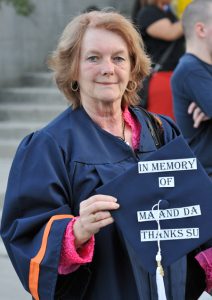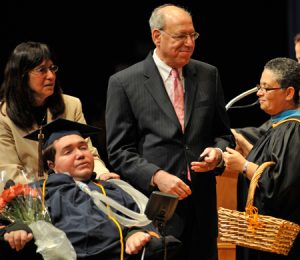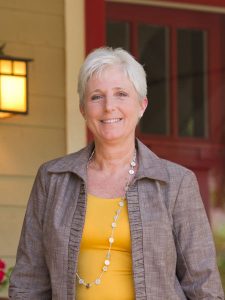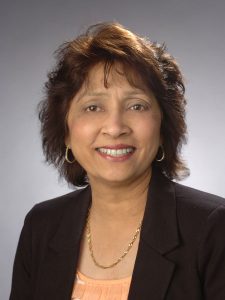
Anne Margaret “Amie” Farrell grew up in Ireland, the eldest of nine children. Her mother was nearly blind from smallpox contracted as a toddler, but according to Amie, “she had an ‘overdose’ of common sense, the sharpest wit, and a rich vocabulary. She could do just about anything.” Amie’s father was a small farmer who came to the U.S. briefly during the Depression but returned to Ireland and raised his family. At the age of 17, Amie boarded the ship Ivernia and sailed to America in search of better opportunities. “College was not attainable for the majority back then in Ireland. One had to either be a genius or have connections,” she recalls. But even in America, the education she craved eluded her. Continue Reading




